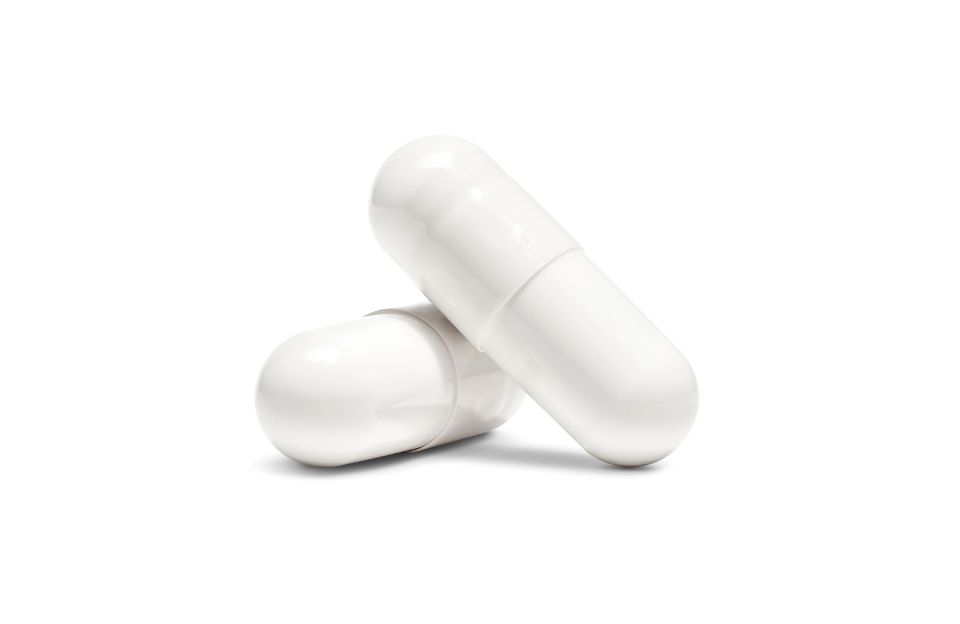Sleep is wonderful! Crawling into your bed after a long day, unwinding, and finally slipping into a peaceful sleep is your reward. And the best part is that we get to do it every single night. But as we get older, we seem to have fewer nights of good, quality sleep. That lack of sleep as we age unfortunately has consequences.
How does sleep change as we age?
Do you remember being a kid and wondering how your grandparents got up so early? It turns out that this is completely normal. You might also remember your grandpa or grandma dozing off in a chair in front of the tv. That’s normal too.
Some effects of aging on sleep:
- Shifting of sleep schedules: going to bed early and waking up early are common.
- Waking up in the middle of the night.
- Regular napping, whether planned or not.
- Longer recovery from changes in sleep schedules. This can include things like the shifting of clocks during daylight savings time or travel to another time zone.
Why does sleep change in older people?
One of the scientific reasons for changes in sleep as we age is that our internal clock gets old along with us. Our circadian rhythms are thrown off and this influences our sleep cycles. Our circadian rhythms operate on light and as we age, we tend to get less efficient exposure to daylight. This is especially true in people who live in nursing homes.
Hormone production also changes with age. We make less melatonin when we get older. This is the hormone that makes us drowsy.
Another factor in sleep changes is health. Almost 40% of people over age 65 take 5 or more medications. Some of these drugs, both over the counter and prescription, can contribute to sleep issues. Antihistamines and opiates may cause drowsiness, while antidepressants and corticosteroids may keep older people awake. When they’re taking a combination of these things, the interactions can mess with sleep cycles as a whole.
There are other reasons we don’t sleep as well as we get older:
- Pain
- The need to pee more often
- Sleep apnea, sometimes due to changes in weight
- Insomnia
- Restless legs syndrome
Risk Factors of Lack of Sleep
Even though many people can’t sleep well when they age, they really need to. There are health consequences when they don’t.
A new study shows that getting less than 5 hours per night of sleep gives people an increased risk of developing at least two chronic diseases. More than 7,000 men and women, ages 50, 60, and 70 were observed over the course of 25 years. Scientists compared sleep duration, mortality, and the incidence of chronic diseases such as heart disease, diabetes, and Alzheimer’s during this long period of time. The results were surprising:
- At age 50, with less than 5 hours of sleep, participants were 20% more likely to have been diagnosed with a chronic disease.
- At ages 50, 60, and 70 there was a 30-40% increased risk for having multimorbidities.
- People who slept for 5 hours or less at age 50 were 25% more likely to die during the 25 year period of the study.
- Too much sleep could also cause problems for people who have already been diagnosed with an illness. Those who got 9 or more hours of sleep were 35% more likely to develop another chronic disease. Longer sleep had no effect on healthy people.
This same study showed that 7 or 8 hours of sleep seems to be the magic number for middle aged and older people.
There are other studies that show similar outcomes. Researchers at the University of Chicago used wrist bands to gather data on over 700 people from ages 62-90. They found that sleeping less than 6 hours per night is associated with fair and poor health. This study concluded that longer sleep durations made no difference.
Another study goes even deeper. Scientists at UCLA found that sleep deprivation can affect older adults at a cellular level. They studied a small sample of people between ages 61 and 86. These people stayed in a sleep lab for four nights. Two of the nights they allowed uninterrupted sleep, but for the other nights, they stayed awake until 3 a.m.. Each morning during the study, participants had their blood drawn. The blood tests after being sleep deprived showed that the normal cell cycle had slowed and the likelihood of cellular senescence had increased. These senescent cells have been linked to accelerated aging.
How Can I Improve My Sleep?
Whether you’re young or old, sleep is important. Developing good habits now will pay off in the future. Here are some ideas on how to improve sleep:
- Exercise during the day will tire your body at night.
- Reduce distractions in the bedroom: no tv, no phone time, no computers.
- Watch what you drink: caffeinated beverages might cause you to stay awake. Don’t have coffee or soda after about 4 pm (or later, depending on your bed time). Alcohol will make you tired, but your sleep will be restless and brief.
- Keep a regular sleep schedule.
- Develop a bedtime routine. Doing certain things will signal your body that it’s time to settle down.
In conclusion, it turns out that sleep is even more important than we ever thought it was. Of course not every night is going to be good, hard, restful sleep, but your goal should be to get a good seven to eight hours, no matter your age!









